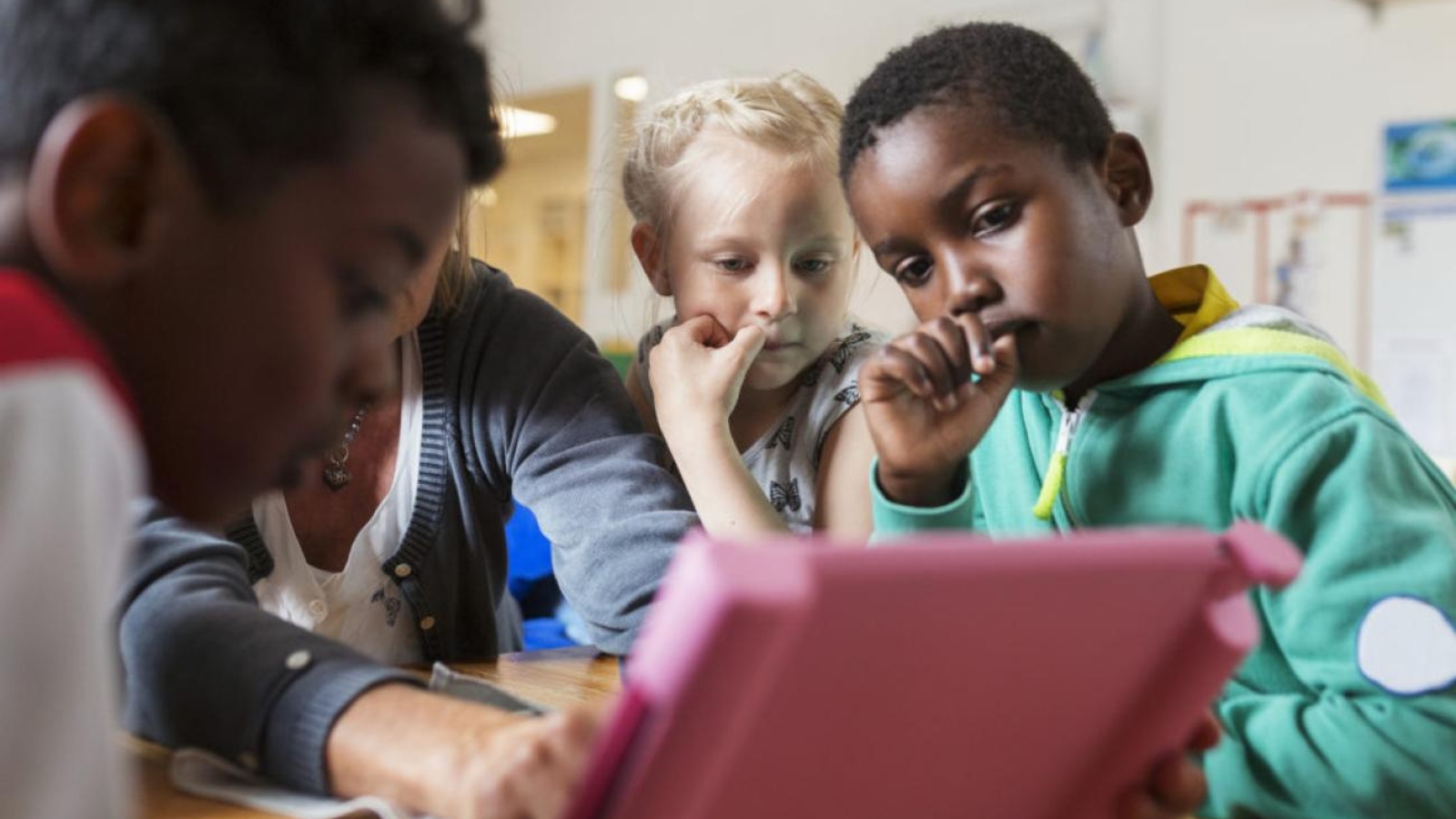24 January marks World Education Day. As we celebrate this day, UNESCO’s theme for this year, “AI and Education: Preserving Human Agency in a World of Automation,” is crucial. It reminds us to keep human values central in a world where technology is reshaping learning.
Why AI in Education Matters
AI is everywhere now, changing how we live and learn. From innovative tools to data-driven systems, it’s reshaping education. But this progress also raises questions. How do we ensure humans stay in control? To do that, students and teachers must understand AI’s potential and limitations. They need skills to shape AI and make thoughtful decisions.
UNESCO’s Call for Responsible AI Training
UNESCO’s Director-General, Audrey Azoulay, calls for everyone to have AI literacy. She urges, “We must ensure education enables people to navigate the opportunities and challenges of AI.” Teachers, as key drivers of change, must have the tools and training to adapt.

Read more: Artificial Intelligence is Reshaping Talent and Skills Opportunities in Accountancy
Egypt’s Vision for AI in Schools
Egypt is leading the way in integrating AI into education. The country’s 2030 Agenda includes bold reforms to modernise schools. Educators will receive training and students will benefit from AI-driven learning tools. These efforts aim to create a future-ready workforce.
UNESCO and Egypt: A Strong Partnership
UNESCO’s Regional Office in Cairo supports Egypt’s digital transformation. Their initiatives promote Open Educational Resources (OER) and Media Information Literacy (MIL). They also focus on digital equity, ensuring marginalised communities aren’t left behind. These programmes emphasise that AI in education must be inclusive.
Transforming Schools Through Technology
The “Technology-Enabled Open Schools for All” project, launched by UNESCO, Huawei, and Egypt’s Ministry of Education, ran from 2020 to 2023. Key outcomes included:
- A National Distance Learning Centre for teacher training.
- A digital content studio to create learning materials.
- Improved digital infrastructure for schools.
- Programmes addressing learning gaps for marginalised groups.
This initiative benefitted 950,000 K-12 teachers, demonstrating how collaboration can drive progress.
Preparing for AI’s Challenges
AI is changing higher education. It simplifies admissions, improves teaching methods, and helps with academic planning. In Egypt, AI helps prepare workers by teaching them new skills and updating their existing ones. But technology alone isn’t enough. Education must also focus on emotional intelligence and critical thinking. Students and teachers need to question what tasks AI should handle and where human skills are needed.
Lifelong Learning in a Tech-Driven World
The 2025 International Day of Education highlights the need for lifelong learning. Schools must promote AI literacy and adaptability to prepare people for rapid changes. Governments should integrate AI into policies responsibly, ensuring it supports, not replaces, human roles.
AI offers incredible opportunities for education. However, it’s up to us to guide its use ethically. This International Day of Education, let’s commit to preparing students and teachers to lead in a world of humans and machines working together.
Stay tuned to Brandsynario for the latest news and updates.






































